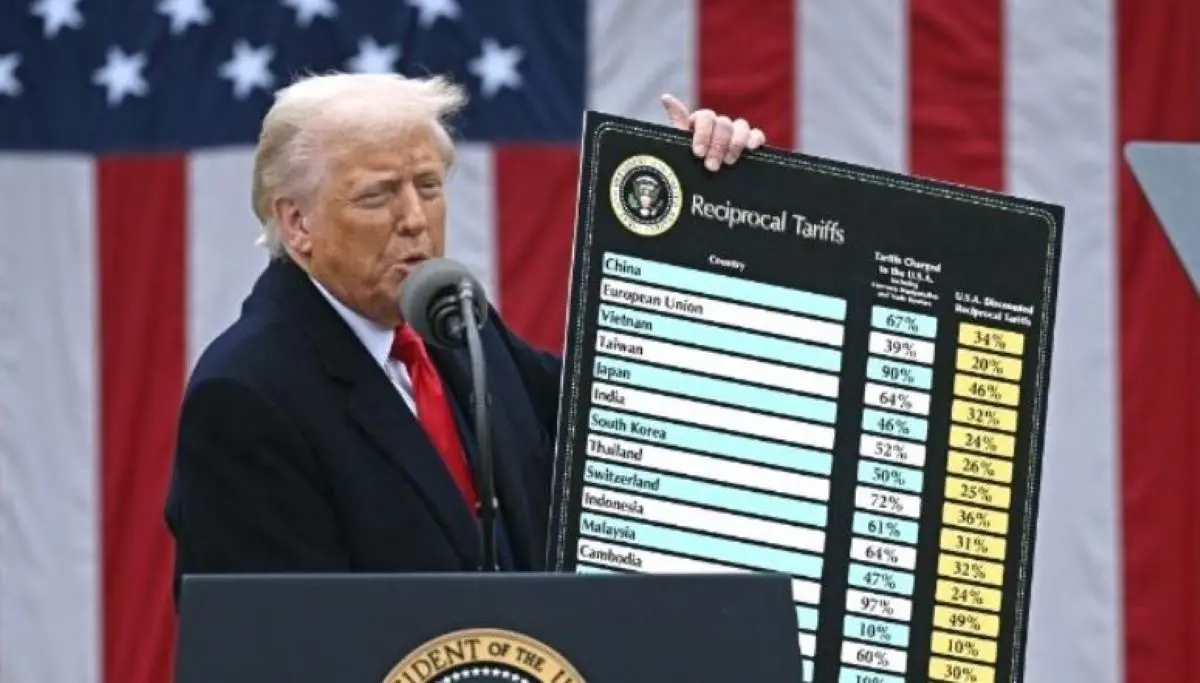Understanding the Impact of Tariffs on Logistics
The dynamics of international logistics are constantly evolving, with tariff policies playing a significant role in shaping the landscape. Recent discussions have shed light on how current tariff strategies can influence the global supply chain, prompting the need for businesses to adapt their logistics strategies accordingly.
The Gathering of Experts
This week, the public company CIMALSA, representing the Generalitat de Catalunya, held a seminar titled “The Impact of Tariff Policies on the Transport and Logistics Sector” during the International Logistics Salon (SIL). This event aimed to dissect the current situation regarding tariffs and the ensuing challenges that companies face in maintaining global competitiveness within their logistical chains.
Moderated by CIMALSA’s director of consulting and international projects, Jordi Fornós, the seminar included notable figures such as Elena Antonijuan, manager of internationalization services at ACCIÓ; Jordi Bort, director general of Llopart; Antonio de la Ossa, partner and international trade director at AVINCLA; and Enric Ticó, president of FETEIA. They collectively addressed the ongoing shift from traditional multilateralism to transactional trade policies.
The Real Impact Beyond Numbers
During the seminar, Antonijuan illustrated that while the direct impact of tariffs on Catalonia’s GDP is a modest 4%, the actual consequence on global goods distribution and intermediate exports is significantly greater. The economic sectors most affected include pharmaceuticals, metallurgy, and machinery.
“It is vital not to hastily assess the effects of tariffs implemented during the Trump administration,” remarked Antonio de la Ossa, who emphasized that the United States possesses the power to disrupt established trade frameworks. He also called attention to the potential for increased fraud in customs operations, underscoring the need for heightened efficiency within the customs system.
Future Hope in Customs Unification
Ticó expressed optimism regarding the European Union’s plan to revise its customs code and create a unified customs process. He highlighted how freight forwarders play a crucial role in navigating these turbulent times. In fact, more than 90% of goods transported rely on these intermediaries, and this figure tends to increase in uncertain periods.
Bort provided insights from the perspective of producers, advocating for caution in decision-making. He articulated the necessity of patience and a long-term view, especially concerning cost absorption strategies derived from increased tariffs. As he described, “We decided to absorb some of the added costs from higher tariffs to preserve the regularity of our orders,” emphasizing a pragmatic approach to managing client relationships over decades.
Logistical Planning for Economic Development
The session also addressed economic activity in designated business areas. Lourdes Sugranyes, the economic development policy coordinator for El Prat de Llobregat, articulated the significance of creating pleasant working environments. She urged for collaboration between public and private stakeholders to enhance project execution.
Innovative Transportation Solutions
Simó Batlle, CIMALSA’s technical director, participated in a roundtable discussing the +FIRRST pilot system, which aims to enhance intermodal freight transport. With representatives from various organizations, including FERRMED and the European Shippers Council, the discussions revolved around positioning rail transport as a cost-effective method for long-distance shipping. Batlle affirmed, “The railroad is a competitive tool for enterprises, especially over lengthy distances, and it’s time to show companies its potential.”
Conclusion: Drawing Insights from Tariff Policies
The discussions highlighted the significant effects that current tariff policies have on international logistics and the need for companies to adapt and innovate. As seen in various sectors, from pharmaceuticals to logistics, the ripple effects of these policies can reshape how goods are moved across borders and impact pricing structures.
While analytical insights and experiences shared during such seminars serve as valuable resources, there’s nothing like personal experience. Exploring options and making educated decisions is crucial in navigating today’s logistics landscape. With a platform like GetTransport.com, businesses can efficiently manage their cargo transportation needs without breaking the bank. Whether it’s moving bulky items like furniture or coordinating office relocations, GetTransport.com provides a cost-effective, reliable, and transparent solution, making logistics that much smoother. Consider planning your next delivery strategy with GetTransport.com to secure the best offers. GetTransport.com!

 Изучение влияния тарифов на международную логистику">
Изучение влияния тарифов на международную логистику">